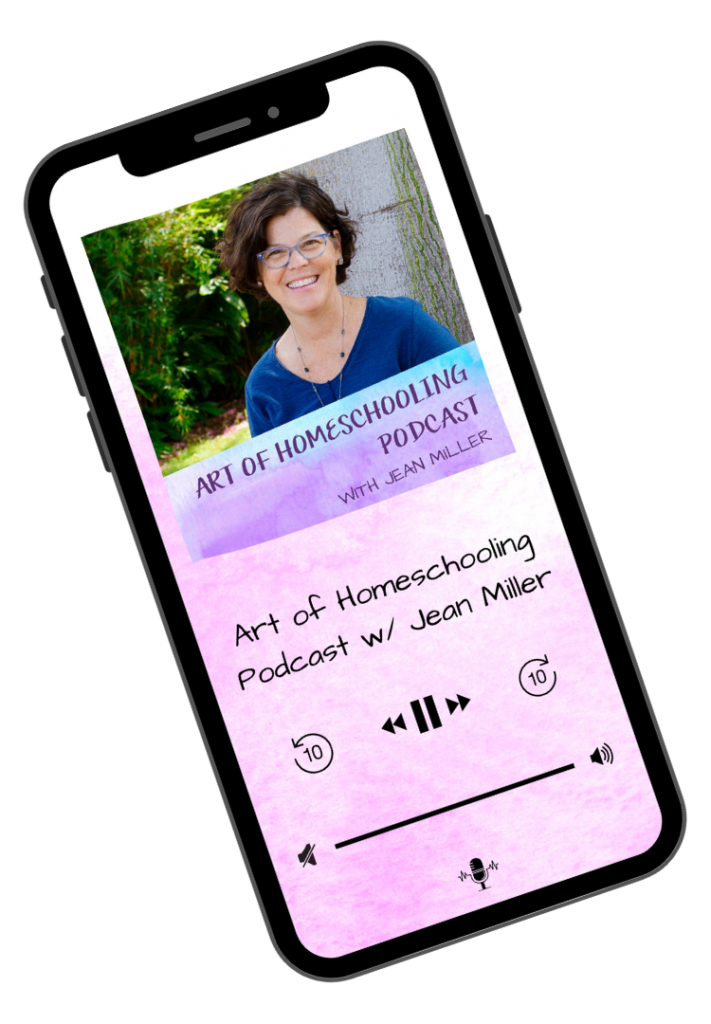Episode 143
Years ago at a workshop, someone handed me a piece of paper with a handwritten passage entitled Faithfulness. And this has become my go to read whenever I experience conflict with a loved one in my life and consider the question, can we agree to disagree?
I’m sharing this with you today on the podcast in case this helps you deal with differences of opinion in your own life. It happens to most of us, maybe all of us! People we love and care about may not always see things our way!!!
This passage is a beautiful reminder to take the high road, to see the best in each other. It’s written by Rudolf Steiner, but I’m not even sure what lecture or book it’s from. (If you know, please do tell!)
Faithfulness by Rudolf Steiner
Create for yourself a new, indomitable perception of faithfulness. What is usually called faithfulness passes so quickly. Let this be your new faithfulness:
You will experience moments – fleeting moments – with the other person. The human being will appear to you then as if filled, irradiated with a spirit archetype.
And then there may be – indeed, will be – other moments, long periods of time when human beings are darkened. But you will learn to say to yourself at such times: “The spirit makes me strong. I remember the archetype. I saw it once. No illusion, no deception shall rob me of it.“
Always struggle for the image that you saw. This struggle is faithfulness. Striving thus for faithfulness, we shall be close to one another, as if endowed with the protective power of angels.
Can We Agree to Disagree?
I know conflict is hard.
Especially with someone we care deeply about. And today, I want to talk specifically about how we handle a situation when a friend or loved one disagrees with our decision to homeschool.
Sometimes, we feel hurt or offended, and might even feel a need to try to convince others that we’re right, that homeschooling is a good choice for our children. Because for some reason, our brains think it’s dangerous when someone disagrees with us!
Most of us have encountered family or loved ones who don’t understand why we’re homeschooling. Perhaps we have parents or siblings who are classroom teachers and they might strongly disagree with our decision to homeschool. And sometimes these loved ones are really vocal about their opinions or decide to “test” our children to see how they’re doing, to prove their point.
I totally get the feelings of hurt that can come along with this ~ I’ve been there. My parents weren’t at all familiar with homeschooling and thought I was crazy to consider it. This was mostly expressed in their concerns about our kids ever being able to go to college if they were homeschooled.
And while I wanted to change their minds at first, to talk them into seeing things my way, I came to realize that wasn’t helping the situation at all.
The truth is that we cannot change another person’s mind. And we cannot control what other people think.
Gosh darn it! I wish we could control others. But accepting that we can’t is actually a huge relief!
Accepting ALL the Feelings
So whether your family or loved ones think that homeschoolers are weird and unsocialized, or won’t learn all their math facts if they play outside too much, or will never get into college like my family thought, it doesn’t really matter what they think. It’s time to let that all go.
Here are some suggestions for how to deal with the challenging feelings that come up in these situations.
#1: The best we can do for ourselves is to believe in what we’re doing. It’s not our job to try to convince anyone else. They don’t have to agree with us or see it the same way.
When we feel their judgment, we can just smile and say we’ve got this, thanks. If we take on their judgment thinking it’s our job to change their mind or to convince them, things get more tense not less.
Oftentimes, other’s opinions touch a spot in us that has doubts about homeschooling. But we don’t have to share that.
I’ve found one helpful thought is to say:
- “This is what we’re doing for now.” OR
- “We’re giving homeschooling a try for this year.”
And leave it at that.
#2: What other people think is actually none of our business. And that’s good news. Because we can stop trying to change their minds.
The truth is that over time, your family and friends will start to see the results of homeschooling and its benefits. Sometimes this takes years, but I’ve seen it happen over and over again. Even in my own family.
Homeschooled children learn in so many interesting and varied settings. They can talk to and engage with people of all ages. They’re curious about the world and how things work. They have space to get to know themselves.
Some colleges even seek out homeschooled applicants. One college admissions counselor told me he loved homeschooled students because they have such great critical thinking skills, tend to think outside the box, and socialize well with all ages.
#3: So really, our work is to let go of believing differences of opinion are a problem. Allow others to have their judgements and embrace the differences of opinion. We want to love our family and friends as best we can, judgements and all. That doesn’t mean we have to let them treat us or our children badly. We can just let it be.
Opinions About Homeschooling Have Changed
As we wrap up, I want to mention a recent article I read in Forbes magazine about how opinions on homeschooling changed during the pandemic. The article is about a series of monthly surveys that EdChoice did during the pandemic.
And what they found was that parents became more favorable of homeschooling as the pandemic wore on. They also found that homeschooling parents were more satisfied with their children’s learning than other parents during the pandemic.
Just a little food for thought for you today. More and more, homeschooling is seen as a viable educational option.
Here’s the article, if you’d like to read it!
Opinions on Homeschooling Have Changed During the Pandemic
by Mike McShane.
Strive Thus for Faithfulness
And here’s what I want to leave you with. In the end, when we experience differences of opinion with those we love, we can remember Steiner’s description of faithfulness ~ that struggle to see the other person in a good light if just for a moment.
Because as Steiner says, “Striving thus for faithfulness, we shall be close to one another, as if endowed with the protective power of angels.”
We can still love each other, be kind to each other, and accept each other even if we have differences of opinion.
And at the same time, we as parents get to decide the best path for educating our children. We can simply agree to disagree.
You can do this, differences of opinion and all! And I’m over here rooting for you.
Rate & Review the Podcast
If the Art of Homeschooling Podcast has inspired you, I’d LOVE it if you could rate and review the podcast on your favorite podcast player! Reviews can be left on Apple Podcasts (iTunes), Podcast Addict, or Stitcher.
Or simply pop on over to lovethepodcast.com/artofhomeschooling and choose where you want to leave your review.
And if you want to show your appreciation for the Art of Homeschooling Podcast, you can buy me a coffee!
Never Miss an Episode!


Check Out All the Episodes Here



